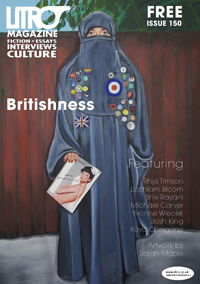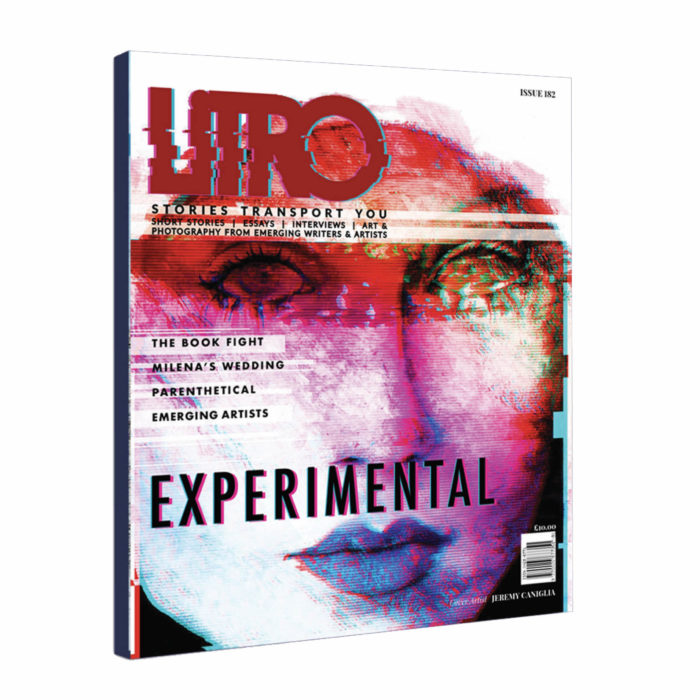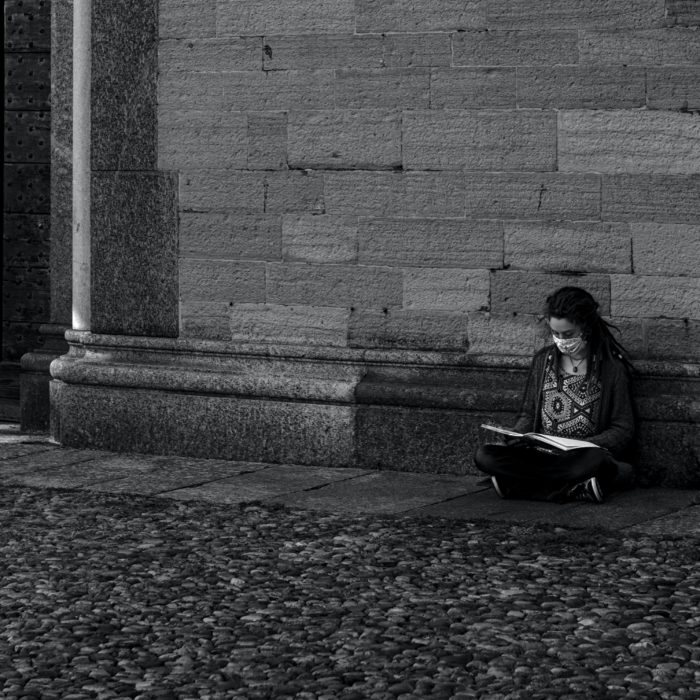You have no items in your cart. Want to get some nice things?
Go shoppingAs I write this, Britain is in the midst of making a decision, seen as the biggest political decision in decades: whether Britain should remain in the EU. Those in the Remain campaign would have us believe that Britain would be weaker economically outside the EU and that an exit would mean the French cease to hold the refugees at Calais, leading our borders being overrun by refugees wanting to take advantage of Britain’s welfare system . Those in the Leave campaign believe that exiting will make Britain great again and re-capture “Britishness. But what is Britishness in 2016? What are British values?
“British values aren’t optional,” said Prime Minister David Cameron last year.
In 2007, Gordon Brown’s first act after becoming Prime Minister was to publish The Governance of Britain (CM7170), an attempt to ‘forge a new relationship between government and citizen’. Part 4 of this paper,‘Britain’s future: the citizen and the state’, was focused on a set of concerns about what it means to be British, what are the distinctive British values and what rights and responsibilities people should have as citizens.
Meanwhile only 20% of the population of the UK even describe themselves as British today. Britishness is supposedly synonymous with tolerance and fairness, and yet those refugees seeking asylum are demonised by the media and routinely locked up in detention centres such as those in Calais, those that the Remain campaign say will become unlocked were the United Kingdom to leave the EU. Non-white Britons are still asked “But where are you really from?”
Many people today tend to define themselves as English, Welsh, Scottish or from abroad, while many people’s sense of belonging is increasingly defined through their ethnic background, social media and urban tribes.
Britishness today seems only to be promoted mainly by tourism campaigns – Visit Britain – the BBC, royalty and industry, all pursuing different agendas.
As a brand Britishness travels well. You’ve only to look at the global success and appreciation of British talent in the field of film, art, music and fashion, from those sweeping awards at the Oscars to British black actors such as Idris Elba – who had to find his success in the States before being embraced by the UK film industry. So why is it that brand ‘British’ travels well, yet within our own shores there’s confusion – often times a reluctance – to embrace and celebrate Britishness?
I am proud to call myself a Londoner. London is a melting pot of cultures, beliefs and peoples, which is what makes this city so magical and unpredictable from one day to the next. It’s a city that’s not only attractive as a destination but also to foreign investment. Like it or not, London and the UK as a whole have benefited from this investment – not only in the publishing industry and media but also in art, theatre and music.
Our cover artist this month is the British, Muslim-raised artist, Sarah Maple. Sarah is a recipient of this year’s £30,000 Sky Scholarship award. Her father is white British, her mother is an Iranian Muslim, and she went to a Catholic school in Eastbourne. Sarah’s aesthetic narrative urges the viewer to challenge traditional notions of religion, identity and the societal role of women. She’s smoked in a hijab, worn fetish nappies and not shied away from menstruating in public. You can read an interview with Sarah on page 14.
Our collection of stories opens with Rys Timlinson’ Make Me British. We are transported into a dystopian Britain where refugees are put through gruelling rounds of citizenship competitions in order to win their chance of a new life on these shores.
Shiv Rayani’s memoir, To be a Token, is about a British Indian growing up in Essex, a reminder of the cruel racism faced by non-white Brits.
In his response to Britishness the rising star of verse, poet Kayo Chingoyi, gives us Self-Portrait as a Garage Emcee. Some would say there’s nothing more British in sound than the UK underground garage/grime scene. We sit down for a chat with Kayo on page 40.
Tygrys a story by Yvonne Wiecek, confirms the very London tendency of ignoring your fellow commuter – confirming that for many the point of living in a city is that you don’t have to talk to anybody.
In F/O/X/T/R/O/T, a writer is disturbed by local kids attacking an urban fox. In the background, London “burns”: it is set during the so called ‘long hot summer’ of the London riots in August 2011.
In A walk around New York: Oh, so you’re from London? by Josh King, a young English student in New York provides an insight into the English-person’s perspective on everyday New York life e- revealing how his Britishness is viewed by locals he meets.
It may not be a representation of what the country as a whole is thinking, but the stories collected for this issue gives us some answers to the question: what is Britishness in 2016?

About Eric Akoto
Eric Akoto is the visionary founder of Litro Magazine, an international platform dedicated to celebrating diverse voices and fostering storytelling across borders. Under his leadership, Litro has evolved into a vibrant hub where emerging writers and established authors come together, creating a dynamic space for literary innovation and cultural dialogue. Eric’s entrepreneurial spirit and creative foresight have made Litro a beacon for cross-cultural exchange in the literary world. Beyond his professional endeavours, Eric is a passionate advocate for personal well-being, balancing his pursuits with a commitment to meditation and his love for tennis.





